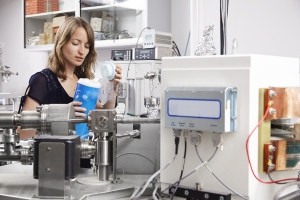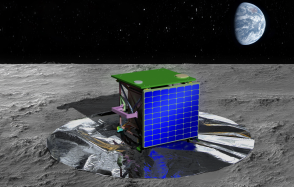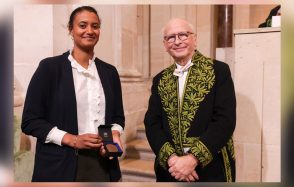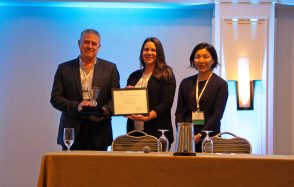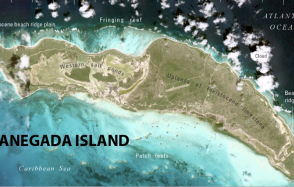Sandrine Péron winner of the L’Oréal – UNESCO “For Women in Science” award 2017

Publication date: 23/03/2017
Awards and Distinctions, Institute Life, Press, Research
Related teams :
Cosmochemistry, Astrophysics and Experimental Geophysics (CAGE)
Latest news





